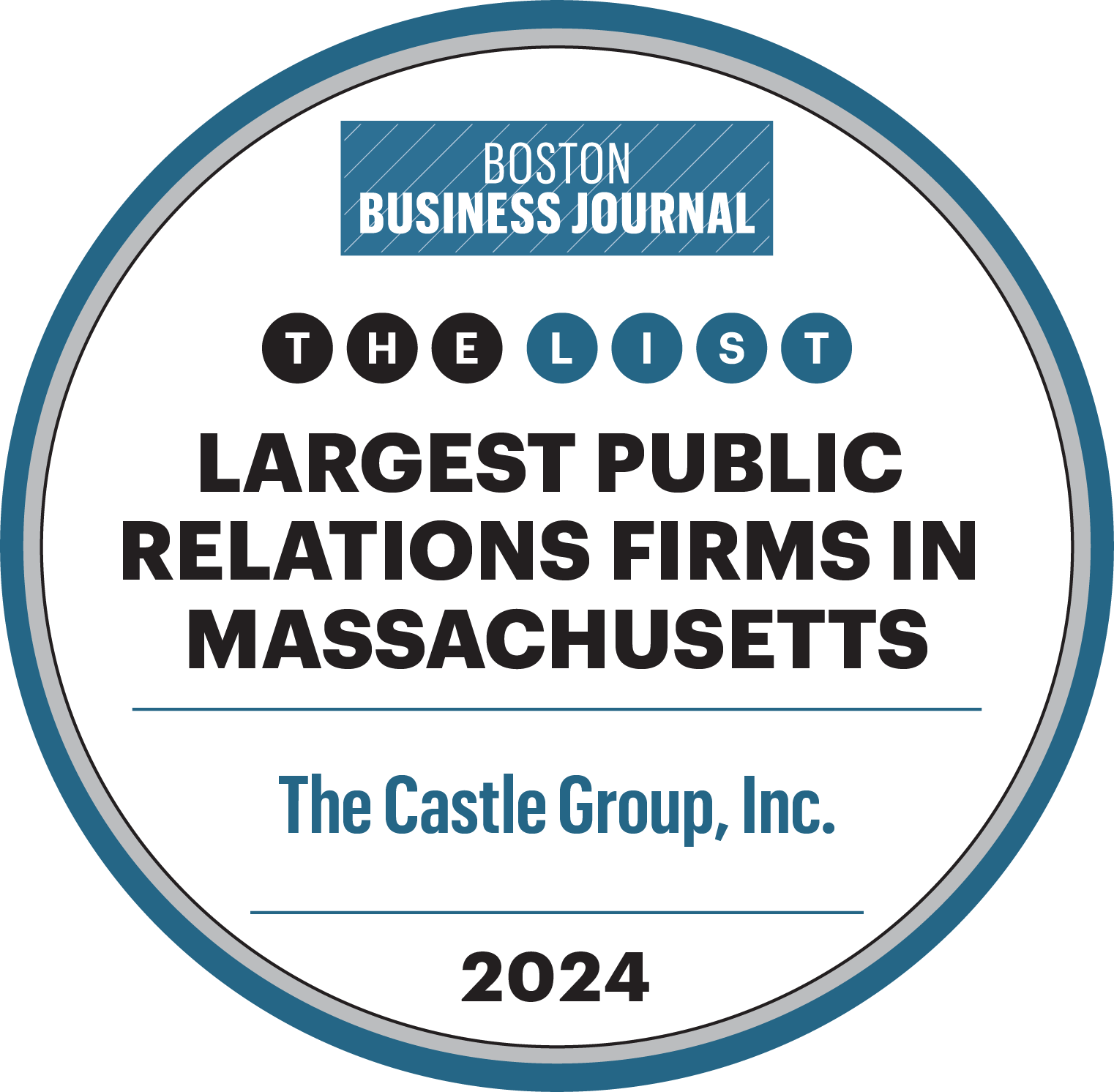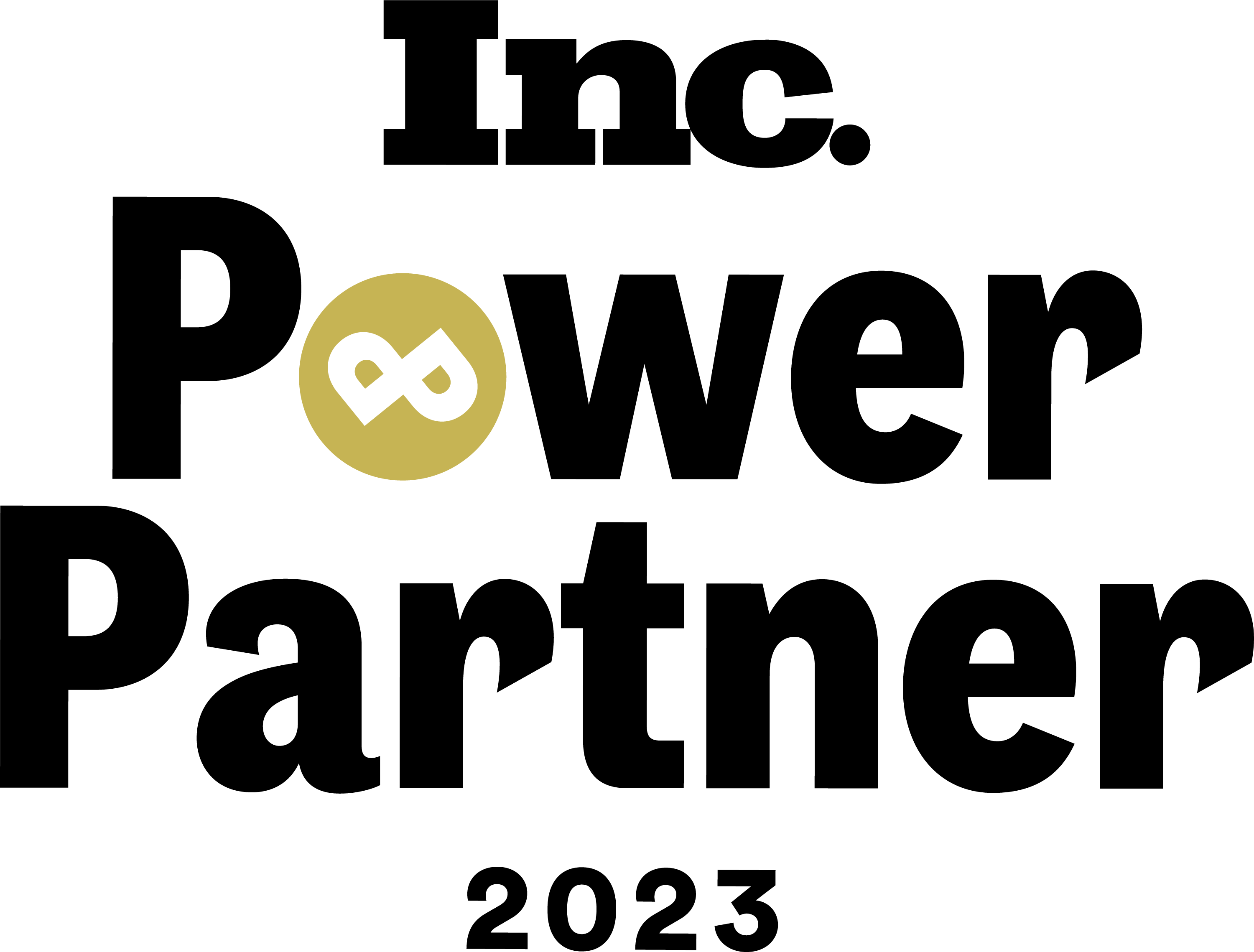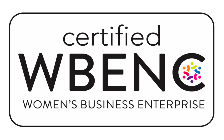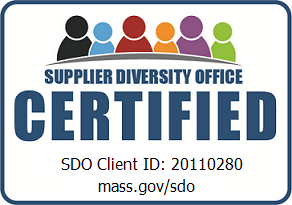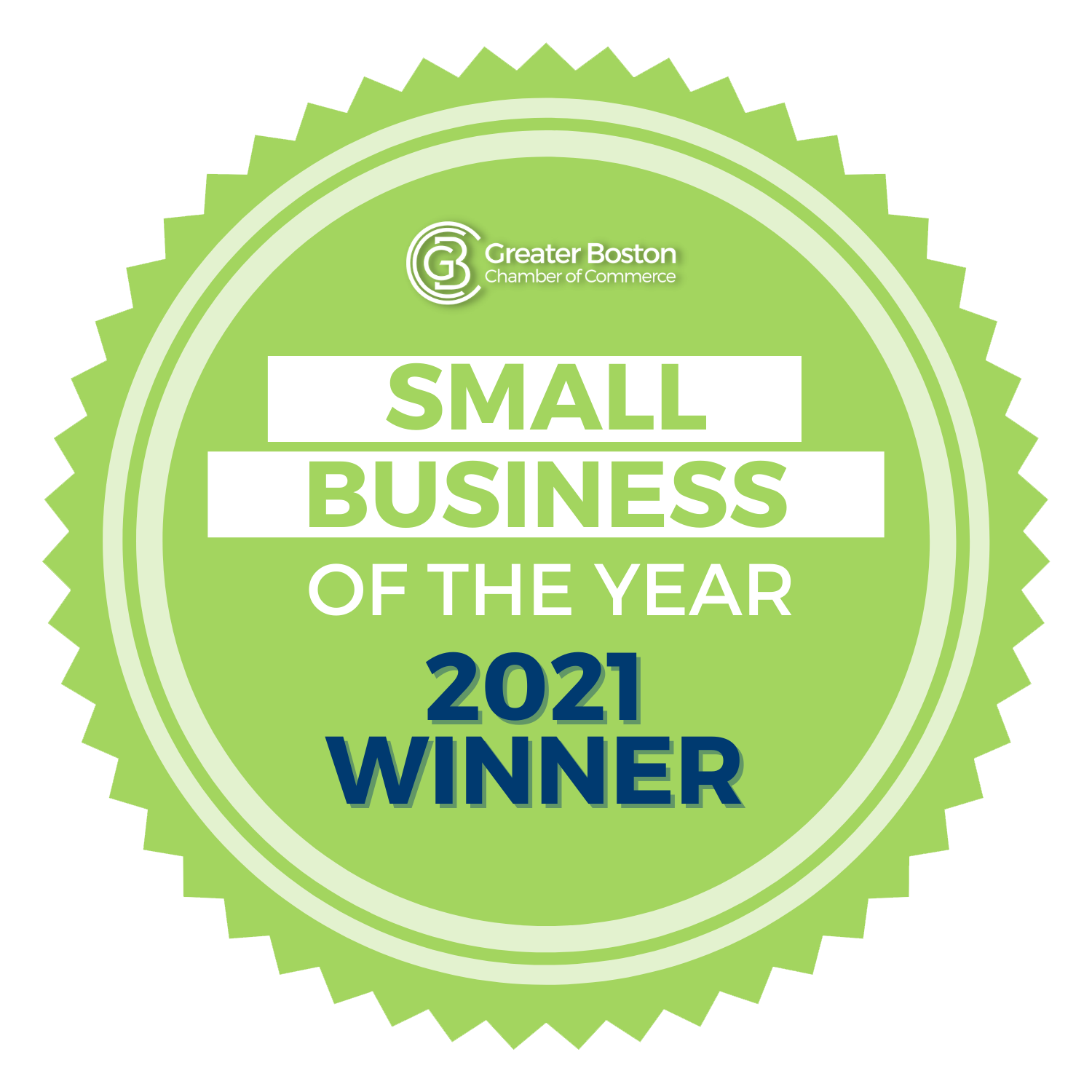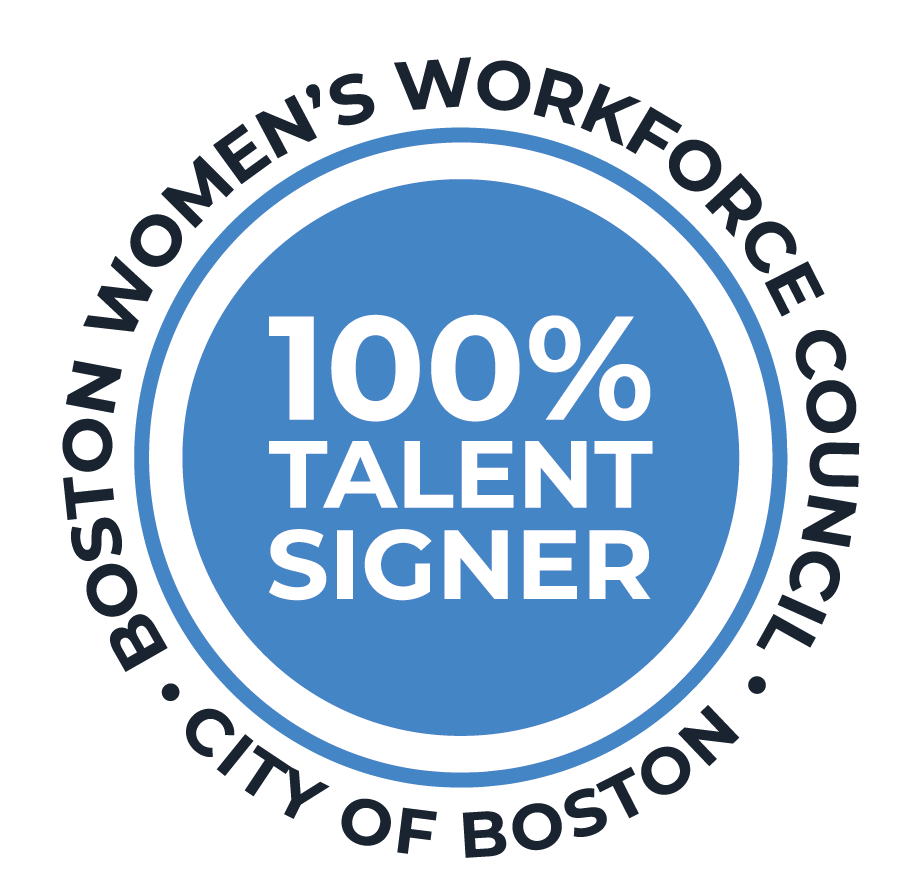
Job #1: My first glimpse into the event world came when I was hired as a conference, event, and wedding planner for a ski resort in Stowe, Vermont. My days became consumed with logistics: conference room specs, room capacities, food and beverage, run of shows, cost analyses—the list goes on. I tuned into the fine points of the property and determined what spaces worked or didn’t work and who were the key players behind the scenes.
I also learned that my clients weren’t the only ones relying on me to do my job well—my coworkers were directly affected by my ability to extract the necessary information from my clients. It was also my responsibility to chart the path—from the third party event planner, to the resort conference planner, to the internal staff building the perfect event onsite from the ground up.
Job #2: The next stop on my career path was in nonprofit event planning at a thriving organization that provides essential items to children in need in Boston. In this position, I was able to make use of my previous event planning experience and expand my social media and marketing skills. I learned about the goals and audiences specific to nonprofits; funding and budget limitations; and the unique reasons behind the events they held—working for a greater cause and bettering the world around them.
Job #3: Now, I am an Assistant Event Manager at The Castle Group, one of the top event planning and public relations agencies in Boston. I work with a team of incredibly talented individuals. Together, we work to plan and execute a wide array of corporate events around the world. We’re consistently striving to keep up with the latest event trends, hot destinations, and registration platforms while providing top levels of client service. Since starting, I’ve been in awe of the flawless event execution and vast institutional knowledge of my team members—and I’m proud of the unique perspective I bring to the team from working in related fields.
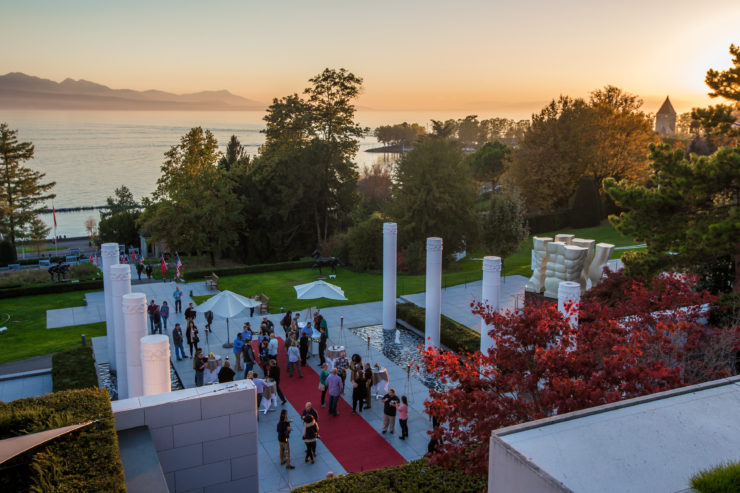
- You’ve already spent a day in their shoes. Understanding what a day in the life of the people you’re communicating with helps you to be one step ahead. You have a clearer picture of the full scope of their needs, and the composition of the team putting it all together. You understand what information enables them to do their job to the best of their abilities and what will add more stress to the planning process.
- You can communicate the WHY on timelines, deadlines, and details. It’s always easier to vocalize the need for specific event details when you can explain the reason behind the ask. Missing one deadline could push back five more. My firsthand experience with how the ripple effect can move through a venue or an organization helps me to stress the importance of each item.
- Knowing what’s fair to ask for. As a third-party planner, brainstorming creative ideas for unique event elements is a part of the job. Understanding the limits that venues and vendors have, however, can help you to tactfully walk the line of creating a one-of-a-kind event, while keeping requests feasible. My previous employment in the hospitality industry has helped me better understand what I can push for and what I cannot.
- You know when to sit at the negotiation table. There is a lot of room for negotiation in event planning—from the venue to the vendors. Knowing the costs that can be shaved and those that have no room for negotiation is extremely helpful.
- You understand the limits. Nonprofit event planning provides a rare glimpse into the unique set of circumstances many organizations and companies are bound by. For nonprofits, understanding that any costs you save directly benefits the cause, while for corporations, understanding how cost-savings for events can have a greater impact on the overall success of the company and its employees can help reframe a budget. No matter what type of company or organization, cost savings is always crucial.
Harnessing the knowledge gained from one experience and using it to its full potential in the next can truly help you amplify your success.








